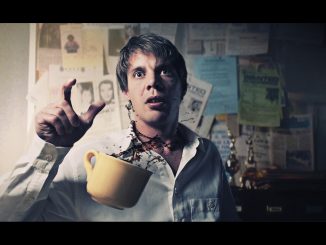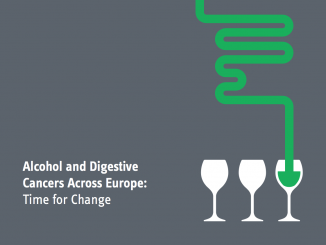Labels containing warnings on the health risks associated with alcohol consumption are usually not noticed and remembered by teenagers, who should be in principle among the main targets.
According to a study published in the Journal of Public Health by researchers of the University of Stirling and the Cancer Policy Research Centre at Cancer Research UK (which also funded the study), lead by Nathan Critchlow, only a small fraction of young drinkers are aware of product information, health messaging or warnings on alcohol packaging.

Critchlow and colleagues used data from the 2017 Youth Alcohol Policy Survey, a cross-sectional, YouGov-conducted survey with 11 to 19-year-olds across the UK. Participants were asked whether they had seen any product information, health messages or warnings on alcohol packaging in the past month and, if so, what messages they recalled. The reason why this specific age group was chosen is particularly important: early exposure to effective messaging during their formative drinking experiences may impact their alcohol related attitudes and behaviours. “We explored awareness of such information and differences between population groups and different levels of alcohol consumption, such as whether a young person currently drank alcohol or not”, Critchlow explains. “Only a third of 11-19 year old recalled seeing product information, health messages or warnings on alcohol packaging in the past month. In particular, only around half of current drinkers were aware of such messaging, despite being an important target market for this information”.
Recall of specific messages was also low; almost half of young people were unsure what messages they had seen; moreover, most specific messages, related to drinking guidelines, health effects, alcohol being an age restricted product, were only recalled by a minority of young people.
Co-author Dr Jyotsna Vohra, Cancer Research UK’s head of cancer policy research, said: “Beyond the fact that children are drinking underage, it’s worrying that only half can recall seeing important health warnings. And what is just as concerning is that many of these labels don’t give all the information the Chief Medical Officer says they should, including highlighting the risk between alcohol and cancer. Alcohol is linked to seven types of cancer in adults and is responsible for over 12,000 cases annually, yet only one in 10 people are aware of this risk. The more a person drinks, the greater their risk of cancer. This is why it’s important to do more to reduce drinking in the UK. All labelling must also clearly note that people should not drink more than 14 units per week. And while not everyone who drinks will go on to develop cancer, there’s no harm in cutting down”.





